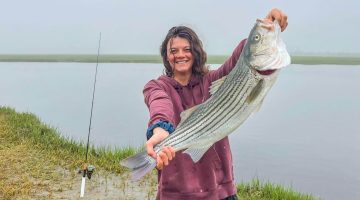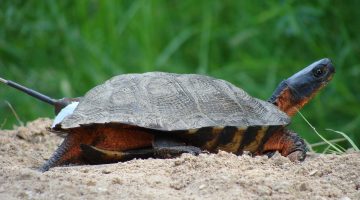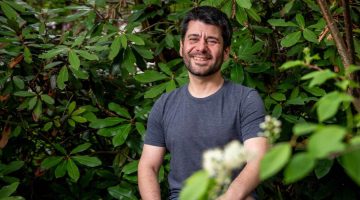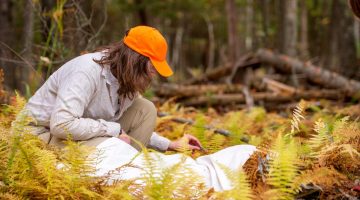From Maine to Mexico: Working waterfronts with less variety carry more risk
More than 70% of Maine’s fishing value comes from American lobster. The fishery has delivered prosperity for decades, but it also leaves coastal communities exposed if lobster populations falter, ocean conditions shift or markets change. That pattern is not unique to Maine. For more than 20 years, University of Maine professor of marine sciences Heather […]
Read more









